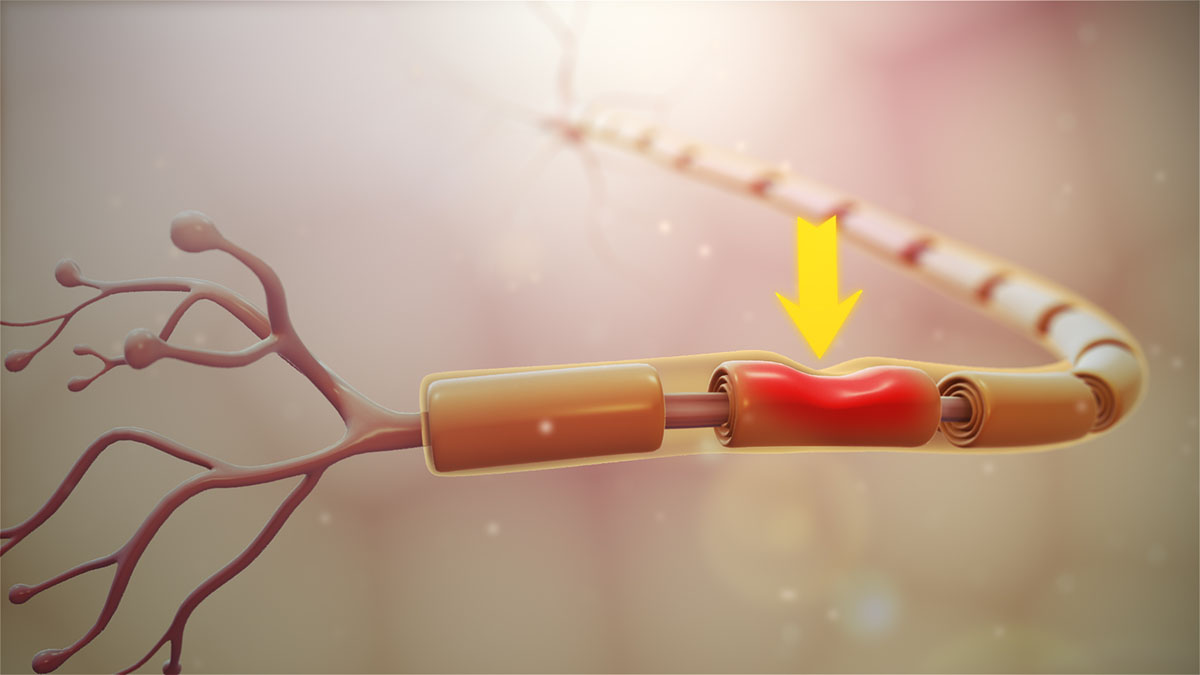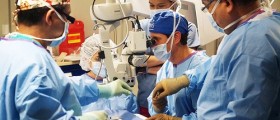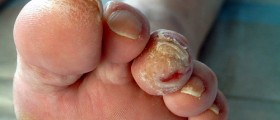
Nerves are very delicate and they can be quite easily damaged during the surgeries. Things like scalpel cuts or contusions or inflammation of areas surrounding those nerves can bring a considerable harm to them. But the source of nerve damage does not have to be strictly physical. Another thing that can provoke nerve damage is anesthesia, whether it is through its medication or the syringe which inserts it into the body. The unfortunate thing is that nerve damage can often be irreparable.
Types of nerve damages
There are three kinds of nerve damages and they are neuropraxia, neurotmesis and axonotmesis. What happens in neuropraxia does not affect the composition of the nerves. When the nerve obtains such an injury which leads to neuropraxia, it means that the conveyance of the nerve impulse has been disrupted, causing problems with supplying the blood to the nerve in question, as well as nerve compression. Luckily, this kind of nerve damage can be fixed. Neurotmesis is the most serious and the most intense kind of nerve damage. It is followed by stretching, bruising and tearing. However, it is treatable. Finally, axonotmesis causes disturbance in the function of the so-called axon, which is the connecting fiber of a nerve cell, but the core of the fiber stays well-protected. This type of nerve damage is extremely dangerous and leads to paralysis, and it affects sensory, motor and autonomicnerves.
Symptoms of nerve damage
Nerve damage is not noticeable during surgery, only after does it become apparent. A very strong burning pain in the damaged area is very characteristic for nerve damage, but on the other hand, some may experience numbness and itching. Also, even though it is the most likely alternative, the sensations which signify the presence of nerve damage do not necessarily have to manifest themselves in the exact areas which are affected. Finally, another symptom of nerve damage is inability to walk properly, and it is usually manifested through some kind of issue with the feet, like weakness, dragging or foot drop, which is the dropping of the front of the foot due to muscle damage. The nerve damage which affects the legs in any way leads to a condition called femoral nerve dysfunction. Femoral nerve dysfunction most commonly happens during surgeries in which the patient is required to remain in a position where he is on his back with bent legs. Damage to the femoral nerve means disruption in the sensation of thighs and lower part of the legs.

















Your thoughts on this
Loading...